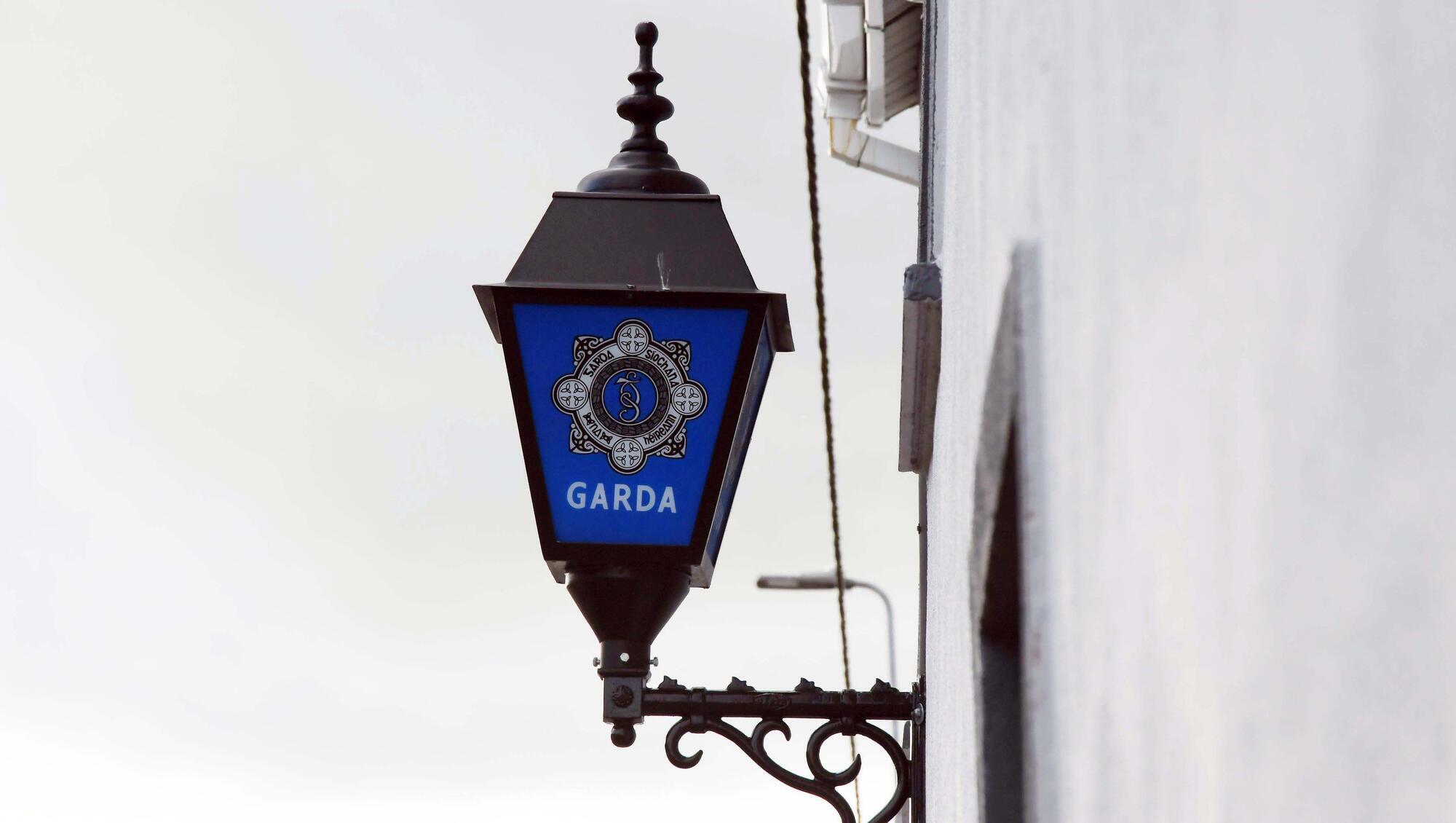Raising the age of criminal responsibility could have stopped the State prosecuting the teenage killers of Ana Kriégel, Ciara Kelly has warned.
In 2018, the 14 year old school girl was murdered in an abandoned home in Lucan, County Dublin.
The following year, two children, known only as Boy A and Boy B, were convicted of her murder.
One was also convicted of sexual assault "involving serious violence".
Both were only 13 at the time of Ana’s murder.
Today, the Irish Council on Civil Liberties will testify before the Oireachtas Committee on Justice, calling for the age of criminal responsibility to be raised to 14.
Currently, for most offences it is 12 and 10 if a child is charged with murder, manslaughter, rape or aggravated sexual assault.
On Newstalk Breakfast, Irish Council on Civil Liberties spokesperson Seán Egan described Ireland as an “outlier” in Europe.
“The most common age around Europe tends to be 14 or 15,” he explained.
“Explicitly, the UN Convention on the Rights of the Child, which Ireland ratified back in 1992, obliges us to raise our criminal age responsibility.”
Mr Egan added that raising the age of criminal responsibility would “reflect our evolving understanding of the social development and neuroscience behind child development”.
“Children are not able to process cause and effect in the same way as we adults can,” he said.
“The youngest children, they don’t have a sufficient level of understanding of the consequences of their actions and they’re so much more vulnerable to being led astray that it is not fair to conceptualise their offending… in criminal conviction.”
On the question of what to do with children who commit the most serious of crimes, Mr Egan said there are alternatives to criminal conviction.
“In those rare cases, how other European countries attempt to deal with these situations, they would deal with them under their equivalent of Ireland’s Special Care System,” he explained.
“Basically, it’s a non-criminal system but it involves children being put in care in a secure context and they’re not allowed to leave.
“They’re provided with this intensive rehabilitative, mental health and various other social supports.”
 A Garda sign outside a Garda station. Picture by: Denis Minihane.
A Garda sign outside a Garda station. Picture by: Denis Minihane.Reflecting on the issue, Newstalk Breakfast presenter Ciara Kelly says she has “some qualms” about the prospect of raising the age of criminal responsibility to 14.
“I think we already struggle to deal with minors who commit offences,” she said.
“I’m not talking about heinous crimes, I’m talking about anti-social behaviour, petty crime and those types of things.
“We know that there was an issue with that in particular in our urban centres.”
Ciara added that the Ana Kriégel case was also on her mind when thinking about the issue.
“Boy A was 13 when he was convicted of aggravated sexual assault and murder,” she said.
“He was 13 when he committed that crime and I would hate to think that anyone at any age could commit that crime and the law would be hamstrung in terms of prosecuting them for it.”
Boy A was sentenced to life in prison with a review after 12 years, while Boy received a sentence of 15 years with a review after eight.
Main image: Ana Kriégel.









